The world is full of fascinating facts, some well-known, others hidden in plain sight. Have you ever wondered why we shouldn’t interrupt conversations to move out of the way, or why the “Happy Birthday” song was under copyright? Perhaps you’re curious about the difference between a font and a typeface, or maybe you never knew Antarctica is technically a desert. This article dives into 33 surprising facts that might just change the way you look at everyday things. From human biology to historical trivia and scientific curiosities, get ready to have your mind blown by these engaging and informative snippets of knowledge!
1. Moving Out of the Way Won’t Kill You (Even During Conversation)

Many people might believe it’s rude to move out of the way while having a conversation. However, stopping your conversation momentarily to let someone pass isn’t detrimental.
2. Graveyard vs. Cemetery: Location Matters

A burial ground located near a church is often called a graveyard, while a standalone one is referred to as a cemetery. Commentators joked, “What a grave thing that people get wrong. But, pray tell, since I’m dying to know, are those definitions are set in stone, or if they are just a rough plot of an idea? I might have to do some digging into the topic myself though. You can’t trust everything you see on the Internet, keep that in your memory (I’m sorry, but I’m an amateur dad joker).“
Read More: 37 Men Dressed In Their National Costumes for a Male Beauty Pageant
3. Ctrl + Backspace Deletes the Entire Word

This keyboard shortcut is a time-saver for many, but some might not be aware that holding Ctrl and pressing Backspace deletes the entire word behind the cursor, not just a single character.
4. The Origin of the Phrase “Knowledge is Power”

The famous saying “knowledge is power” has roots in a Latin aphorism, but the exact phrasing we use today is attributed to Thomas Hobbes, not Francis Bacon, as some might believe.
5. Happy Birthday Song: A Copyright Controversy

Believe it or not, the song “Happy Birthday to You” was under copyright until 2015! This explains why alternative birthday songs are used in movies and restaurants sometimes.
6. Chemistry vs. Biology: It’s All About Life

The defining difference between chemistry and biology is simple: chemistry deals with non-living things, while biology focuses on living organisms.
7. SCUBA: An Acronym You Might Not Know
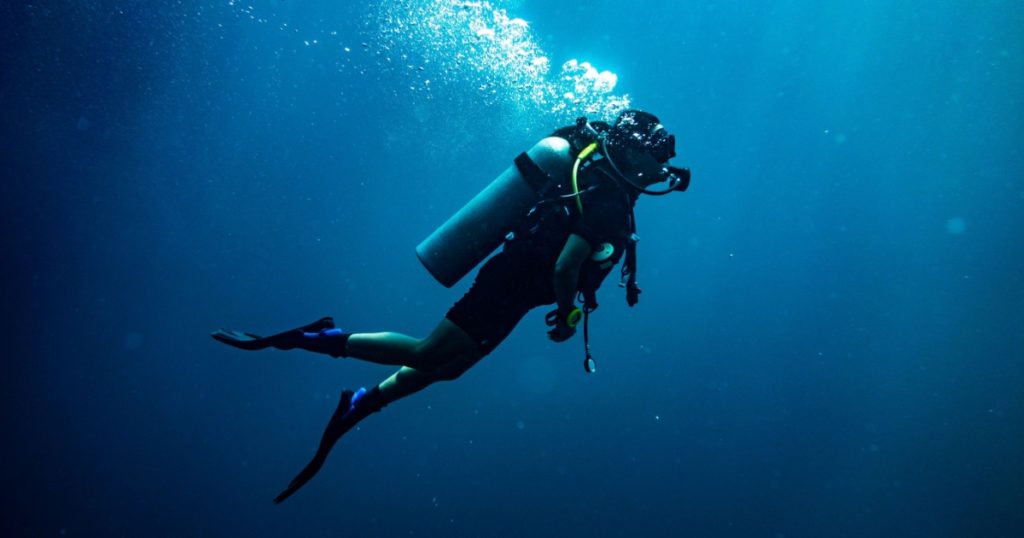
SCUBA stands for Self-Contained Underwater Breathing Apparatus. This might seem obvious to some, but others might not have realized it’s an acronym. Remember that an acronym is pronounced as a word; it’s not just an abbreviation or initialism—for example, S.W.A.T (an acronym) vs DNA (an initialism).
Read More: 25+ Cities That Might Make You Think Twice About Visiting
8. The Curse of Knowledge: When Knowing Hinders Understanding

The “curse of knowledge” describes a cognitive bias where someone who understands a topic well struggles to imagine what it’s like for someone who doesn’t. This can lead to communication difficulties.
9. Squirrels: Masters of Climbing, Not Flat Surfaces

While squirrels can climb trees exceptionally well, they might not be the fastest runners on flat ground. Commentators said, “It’s probably more difficult for anyone to run up a flat surface.”
10. Bananas: A Berry Surprise

Botanically speaking, bananas are classified as berries! That’s, by far, the biggest berries we have ever had and the yellowest too!
Read More: 18 Things Millennials Had That Today’s Kids Are Clueless About
11. Antarctica: Technically a Desert
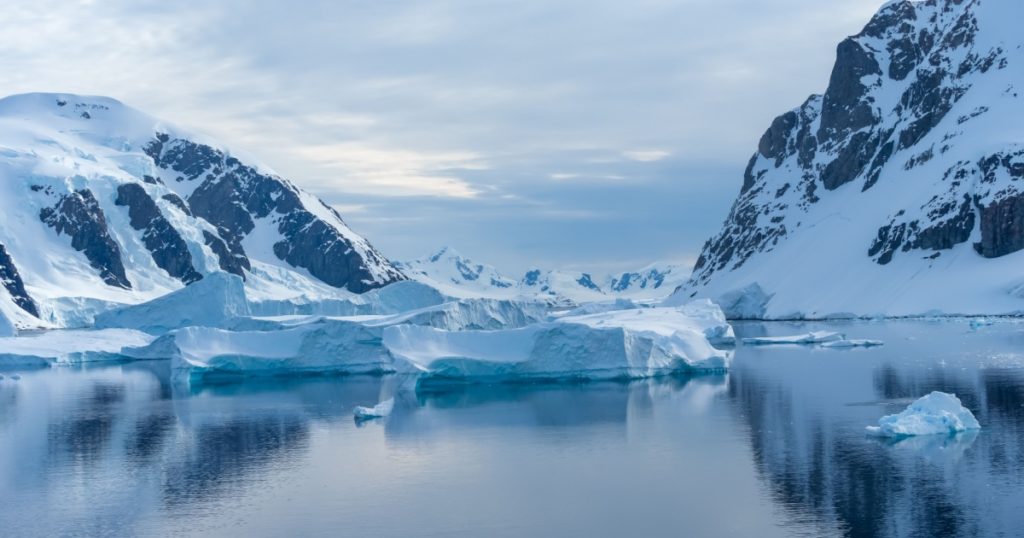
Despite its icy landscape, Antarctica qualifies as a desert because it receives very little precipitation. Why does this weirdly make sense even if sand and ice are completely different?
12. Irukandji Jellyfish: Tiny but Powerful
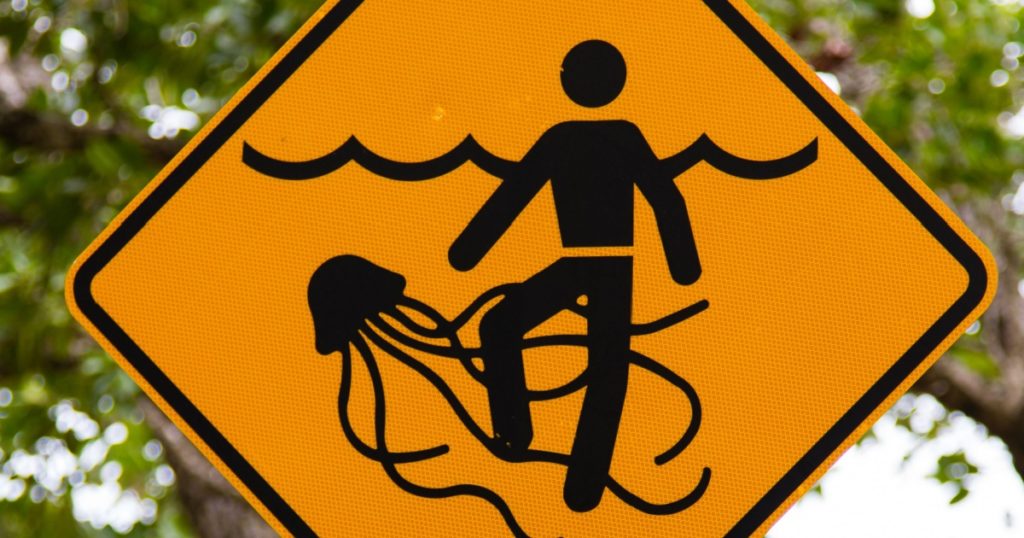
These tiny jellyfish deliver an incredibly painful sting, and victims have reported feeling a strong sense of impending doom. Talk about packing a punch.
13. Mammals Pee at a Similar Rate (Regardless of Size)
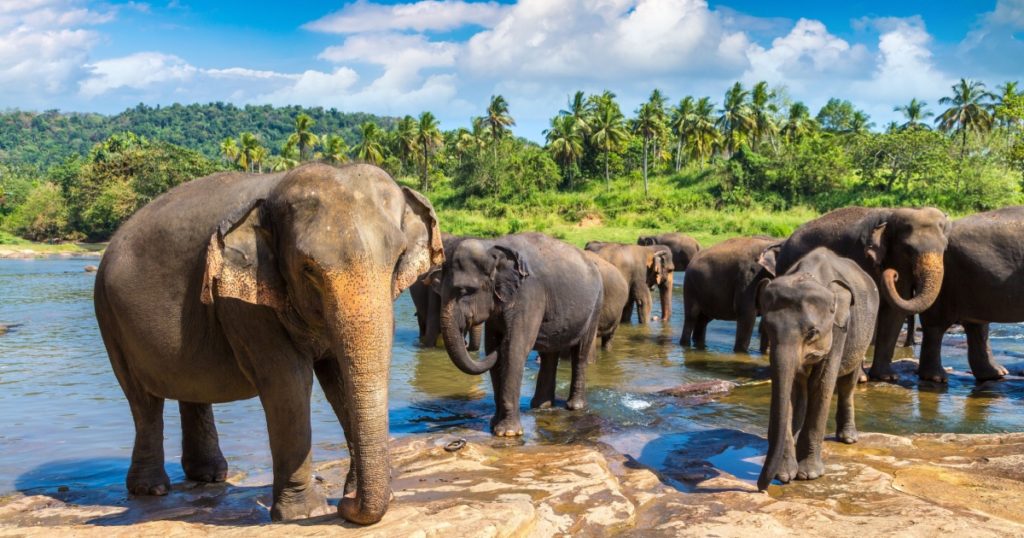
On average, it takes mammals about 22 seconds to pee, regardless of their size. It’s the flow and contents that matter, not the pace.
14. Font vs. Typeface: Understanding the Difference
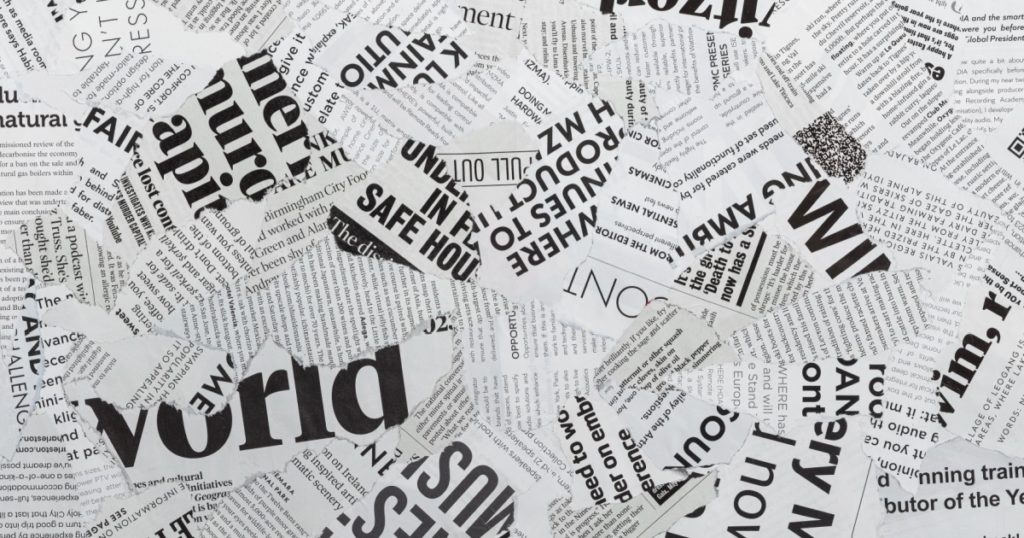
Font refers to the variations of a typeface, including size, bold, italic, etc. Typeface itself refers to the design of the letters (e.g., Arial, Times New Roman).
15. Most Survivors of the Hindenburg Disaster
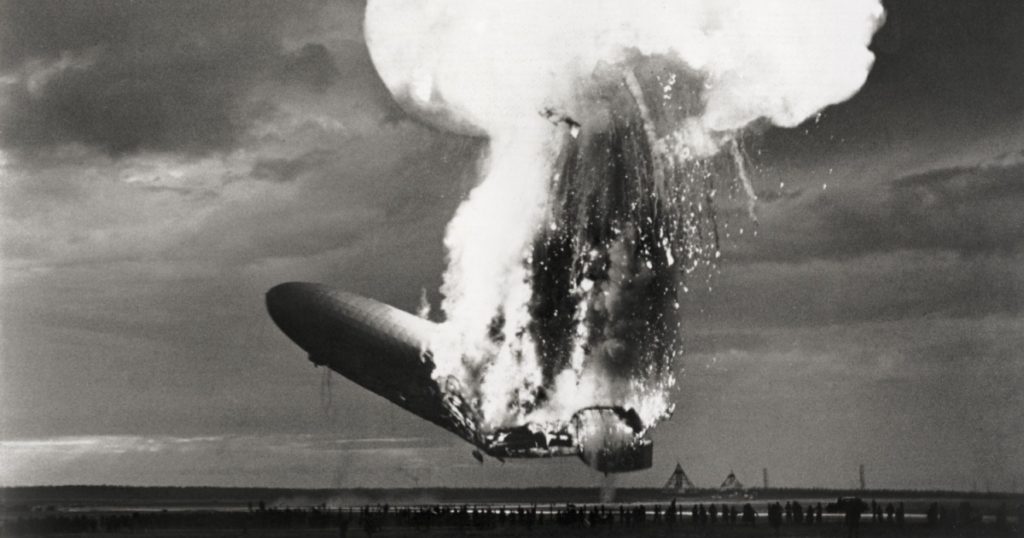
Despite the tragedy of the Hindenburg disaster, the majority of passengers and crew actually survived. I guess it wasn’t as dangerous as it looked?
16. The Amazon River: Bridgeless and Vast
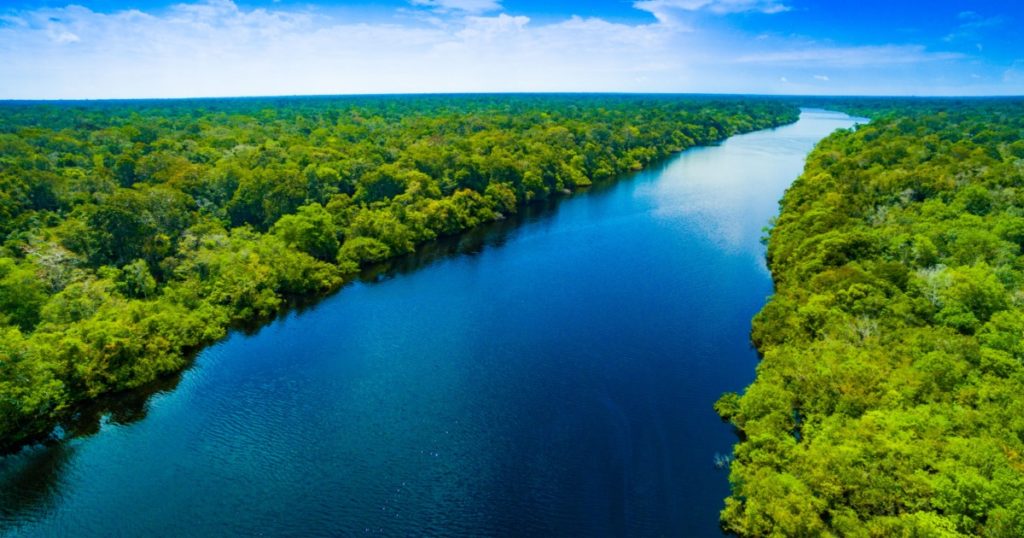
The Amazon River, stretching over 4,000 miles, surprisingly lacks any bridges crossing its entire length (with the technicality of distributaries excluded). Commentators argued, “Technically, False. But also true. The Amazon river proper does not have any bridges. However, there are many small bridges crossing the distributaries, which are still part of the same river (as they leave and re-join the river). I know this for a fact because I have crossed them, just outside of Iquitos, Peru.”
17. SONAR: An Explanation of the Acronym

SONAR stands for Sound Navigation And Ranging, similar to how RADAR stands for Radio Detection And Ranging. Makes a lot of sense once you get to know it.
18. A Billion is a Big Difference from a Million

There’s a significant difference between a million and a billion. A billion is actually one thousand million! So, now you know how much richer a billionaire is, compared to a millionaire.
19. Bigger Isn’t Always Better (Pizza Edition)

An 18-inch pizza might seem like a better deal than two 12-inch pizzas, but due to the area of a circle, the larger pizza might not have double the surface area.
Read More: 20+ Pictures That Are All Too Real For Those With an Anxious Brain
20. Nerve Damage: A Painful Reality

If a nerve is broken in a specific way, it can continuously send pain signals to the brain, resulting in chronic pain. Even imagining it is making us wince.
21. Crimes at Sea: A Hidden Issue
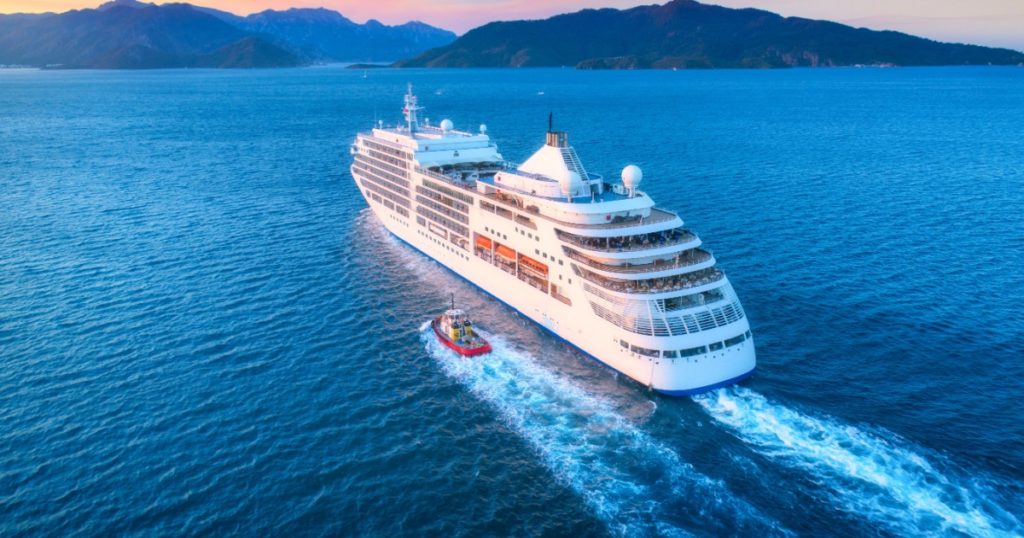
The number of crimes that occur on cruise ships might be surprisingly high, with many going unresolved. You would imagine catching the perpetrator would be easier when they have nowhere to run to.
22. The Bow-Wow Theory: Language Development

The bow-wow theory suggests that our language might have originated from imitation. We can see it in practice through how babies pick up language without even learning.
23. Everything is Made of Chemicals, and Everything Can Kill You (At the Right Dose)

Every single thing in the world is composed of chemicals, and any substance, in a large enough quantity, can be toxic. Life is a series of constant risks, we just aren’t aware of it.
24. Army Ants: A Breathtaking Threat
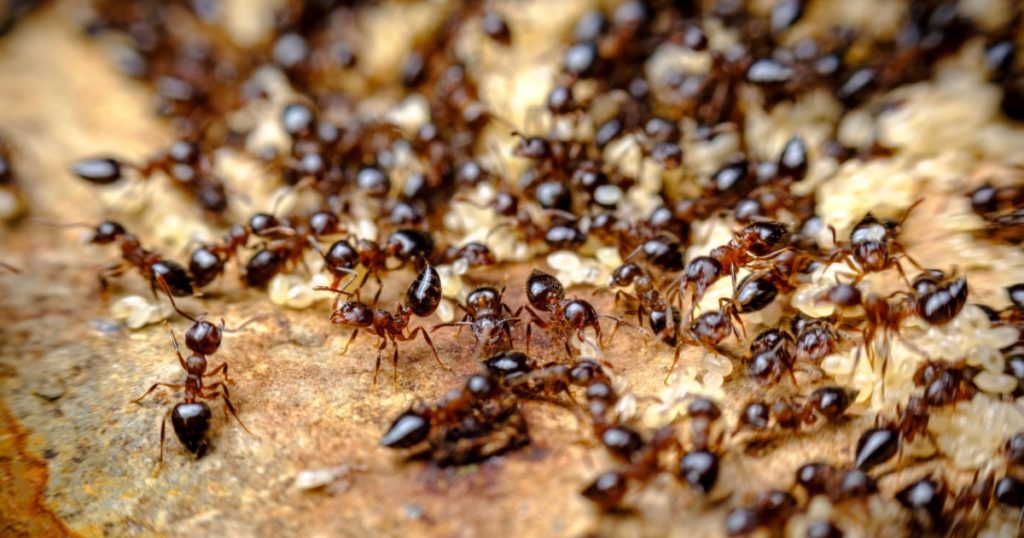
Army ant attacks can be deadly, not necessarily from their bites, but because the ants can swarm and suffocate their victims by entering their lungs.
25. Centralia, Pennsylvania: A Burning Ghost Town
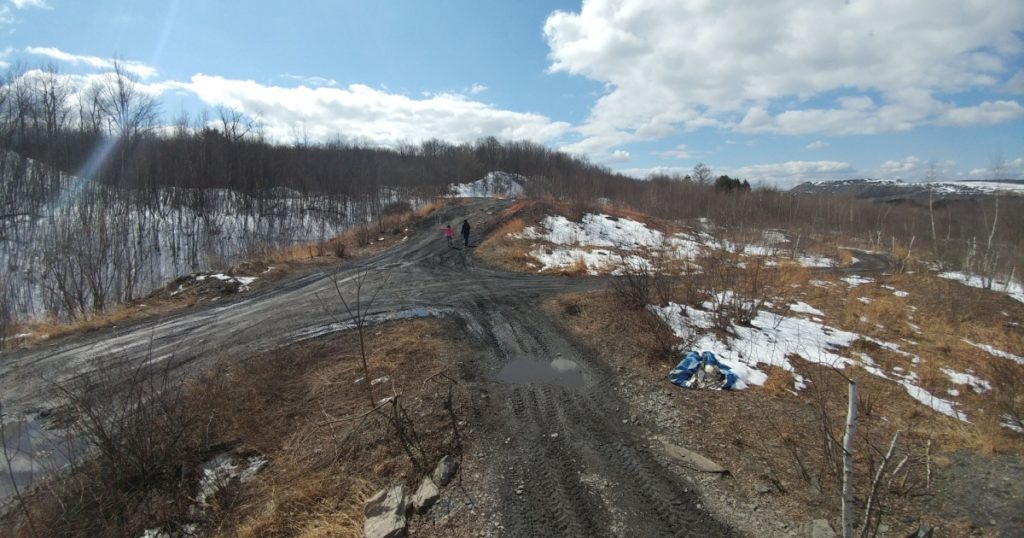
Centralia, Pennsylvania, is an abandoned town where a coal mine fire ignited in 1962 and continues to burn underground, making the surface uninhabitable.
Read More: 35 Maps That Show Us Lesser Known Facts About America
26. Your Eyes Have Their Own Immune System

The eyes have a separate immune system from the rest of the body. This separation is important, but it also means damage to the eye’s immune system can lead to the body attacking healthy eye tissue, potentially causing blindness.
27. Sharks Predeate Trees by Millions of Years
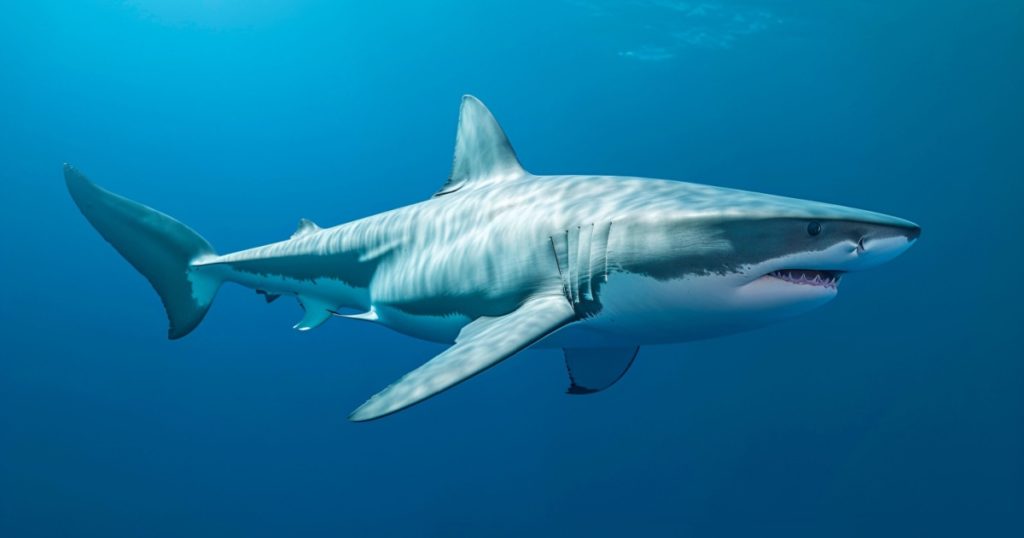
Sharks have existed on Earth for millions of years, predating the development of trees. Commentators said, “bull sharks are the only dangerous species of shark that can acclimate to fresh water. a bull shark was caught in 1995, 930 miles up the Mississippi river near St. louis! and in Australia, carbrooke golf course has a large water hazard/lake on the 14th hole that has several bull sharks that were swept into the lake from a river that overflowed its banks.”
28. The Only Spanish-Speaking Country in Africa

Equatorial Guinea is the sole African nation with Spanish as an official language. It is one of the remaining vestiges of the Spanish Empire’s colonial attempts on this continent.
29. Low CPR Success Rates

The success rate of CPR in reviving someone is, unfortunately, lower than many might expect. After all, it is one of the last things paramedics can do.
30. Pure Water Doesn’t Conduct Electricity

While water conducts electricity readily, pure water actually doesn’t. It’s the presence of minerals and impurities that allows tap water to conduct electricity.
31. The Tip of Your Shoelace Has a Name
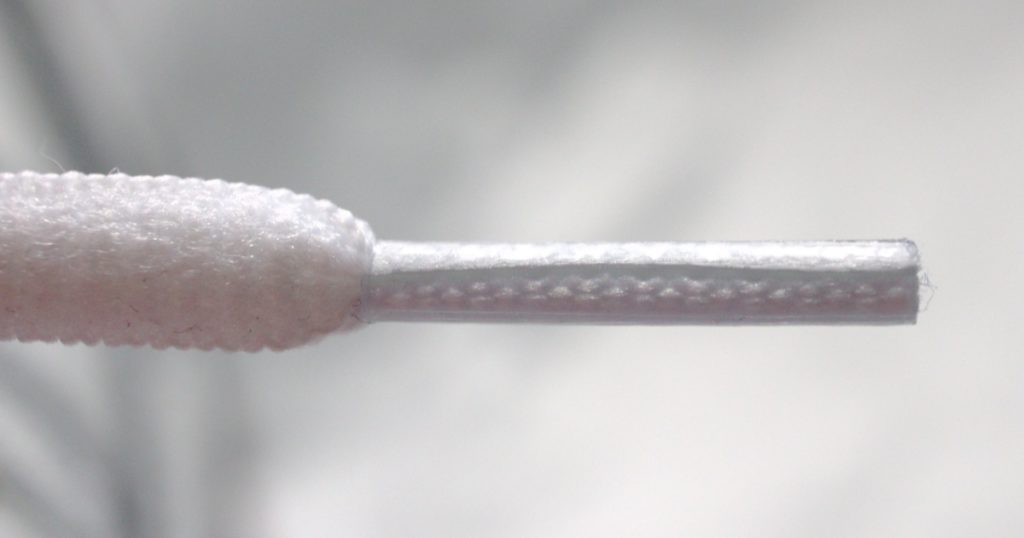
The aglet is the plastic or metal cap at the end of a shoelace, helping to prevent fraying. Now you know what to thank for keeping your shoelaces neat.
32. The Triangle of Death: A Dental Danger Zone

Dental professionals warn that a tooth abscess in the upper canine to canine region requires immediate attention due to the risk of serious infection spreading.
33. A Broken Clock Can Be Right More Than Twice a Day

A broken clock that’s stuck will technically be accurate four times a day, not just twice, as the hands will align at specific points. After all, clocks follow the 12-hour format.
Read More: 10 Historical Facts You Probably Haven’t Heard Of
This content has, in part, been generated with the aid of an artificial intelligence language model. While we strive for accuracy and quality, please note that the information provided may not be entirely error-free or up-to-date. We recommend independently verifying the content and consulting with professionals for specific advice or information. We do not assume any responsibility or liability for the use or interpretation of this content.

